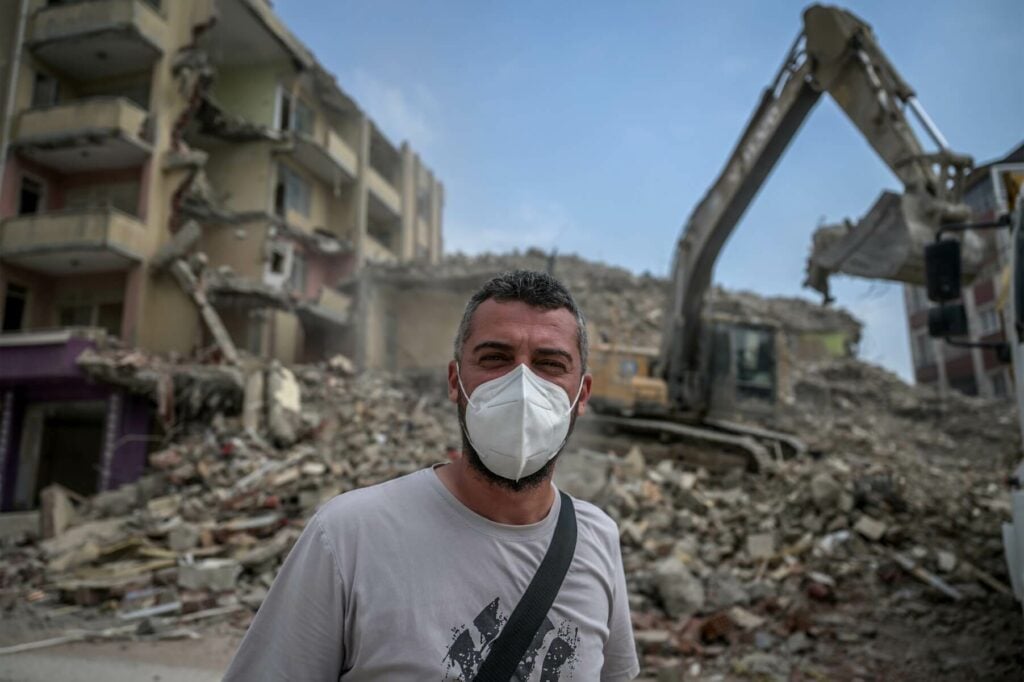Data analyzed by Greenpeace Turkey have shown that Hatay, one of the cities hardest hit by devastating earthquakes last year, had the highest levels of pollution in the country in 2023, the Birgün daily reported.
Greenpeace Turkey on Friday revealed in a series of posts on X the 20 regions in the country with the highest air pollution, determined by analyzing data from stations in the National Air Quality Monitoring Network connected to the Turkish Ministry of Environment, Urbanization and Climate Change.
According to the data, Hatay’s İskenderun district tops the list with 96.2 micrograms annual average PM10, which refers to the concentration of particulate matter measured over one year.
PM10 represents pollutants of breathable particle size in the air. If the annual average limit of PM10 pollutants exceeds 40 micrograms in a region, the air quality is considered “unhealthy,” according to Greenpeace.
İskenderun was followed by İstanbul’s Kadıköy district (94.9 micrograms), the provincial center of Iğdır (86.3 micrograms), the provincial center of Osmaniye (79.4 micrograms) and the Elbistan district of Kahramanmaraş (79.1 micrograms).
The data further revealed, in terms of PM10 pollution last year, that there was no city with clean air in Turkey according to WHO standards.
Gökhan Ersoy, climate and energy project development officer at Greenpeace Akdeniz, said the inclusion of three different cities from the earthquake region in this year’s list, along with Hatay and Osmaniye appearing for the first time among the top 10 most polluted regions, indicates that the additional pollution burden caused by debris removal operations is “intolerable” for public health.
The magnitude 7.8 and 7.5 earthquakes affected 11 provinces – including Hatay, Osmaniye and Kahramanmaraş – in the country’s south and southeast on February 6, 2023, killing more than 53,000 people and leaving millions homeless.
A report by the Chamber of Environmental Engineers (ÇMO) in September revealed the extent of the asbestos hazard in the area following the earthquakes.
According to the report, asbestos was detected in 16 out of 45 solid and dust samples collected from five different locations in Hatay and it was transported to other cities through vehicles passing through the region.
The International Federation of Red Cross and Red Crescent Societies (IFRC) in late March warned of the presence of asbestos in buildings affected by the earthquakes, saying it was detected in many buildings, old and new alike, although its use was banned in 2010 in Turkey.
According to the WHO, air pollution results in the death of 7 million people every year.
In Turkey, air pollution ranks fifth among factors leading to death, following tobacco, obesity, hypertension and hyperglycemia.

